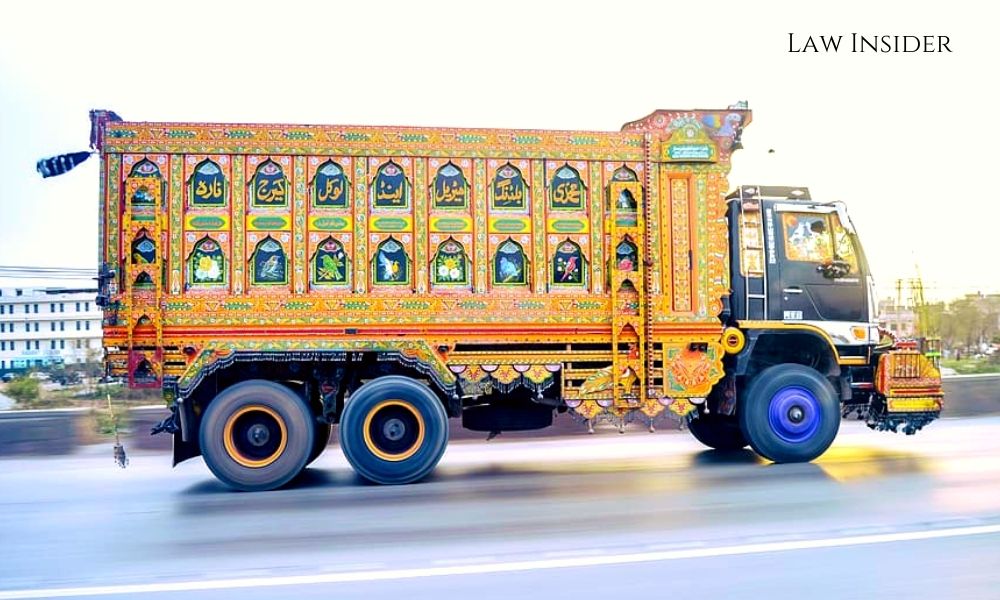Khushi Doshi
Published on: March 16, 2022 at 11:06 IST
A Single-Judge Bench led by Justice S Vishwajith Shetty of Karnataka High Court ruled that an insurance company is not obligated to compensate under Section 166 of the Motor Vehicles Act, 1988 when a Heavy Goods Vehicle is driven by someone with a light Motor Vehicle Licence.
The owner of the offending lorry, who had been ordered by the Motor Accident Claim Tribunal to pay the Compensation, filed the Appeal.
The Claimants, who are the parents of the deceased in the accident, filed a claim for compensation, which was partially granted by the Tribunal and resulted in a compensation of 5,90,000/- with interest at 6% per year.
According to the facts of the case, the driver had been issued an LMV licence but was driving the heavy vehicle in violation of the Rules.
The Appellant-owner of the offending lorry’s counsel contended that the Tribunal erred in exonerating the insurer of the offending lorry despite the fact that the insurer’s insurance policy was in force on the date of the accident.
He claimed that the Tribunal exonerated the insurer’s liability solely because the offending lorry’s driver lacked a valid and effective driving licence to operate a heavy goods vehicle on the date of the accident.
He also stated that the offending tipper lorry’s driver held a light Motor Vehicle Driving Licence, and that because the offending lorry’s unladen weight was less than 7500 kg, the offending vehicle was required to be considered a light motor vehicle, and the liability to pay compensation was required to be borne by the offending tipper lorry’s insurer.
He claimed that the vehicle’s unladen weight, as shown in Ex.R1 of the ‘B’ register extract, is only 6190 kg, and thus it must be classified as a light motor vehicle despite being classified as a heavy goods vehicle.
The Court went on to explain that the term ‘Gross vehicle weight,’ as stated in Section 2(15) of the Act, refers to the total load and load certified and enrolled as acceptable for that vehicle by the registering authority. Ex.R1, the offending vehicle’s ‘B’ register extract, would show that the vehicle’s registered laden weight is 16200 kg, which is significantly greater than 7500 kg.
As a result, if the offending vehicle’s gross weight is determined to be 16200 kg, the vehicle must be classified as a heavy goods vehicle under Section 2(16) of the Act, which states that any goods carriage whose gross weight exceeds 12000 kg is classified as a heavy goods vehicle.
Also read:

